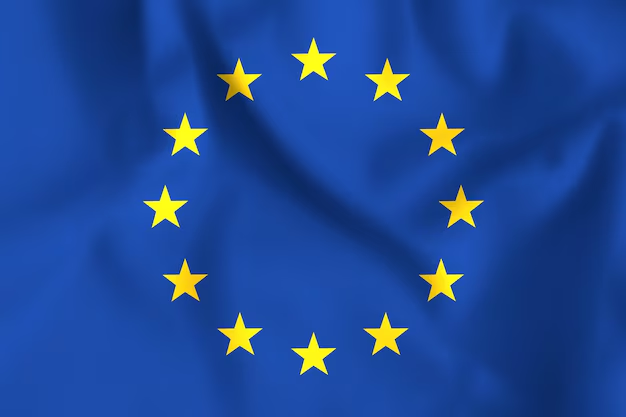The European Union (EU) has reaffirmed its respect for Nigeria’s sovereignty, pledging continued cooperation in peacebuilding, human rights, and interfaith dialogue while distancing itself from external political pressures, including recent remarks by former U.S. President Donald Trump.
EU Ambassador to Nigeria and ECOWAS, Gautier Mignot, made the clarification on Tuesday in Lagos during an interview with the News Agency of Nigeria (NAN). He emphasised that the EU’s engagement with Nigeria is rooted in mutual respect and partnership, not influenced by the positions of other countries.
“Our position is one of solidarity with Nigeria – solidarity with victims of violence, with authorities working to protect citizens, and with the Nigerian people who overwhelmingly desire peaceful coexistence beyond ethnic and religious divides,” Mignot said.
He reaffirmed that the EU and its member states “fully respect Nigeria’s sovereignty and its constitutional commitment to religious neutrality,” while highlighting ongoing collaboration in peace, security, and defence.
According to Mignot, the EU continues to support several peacebuilding and deradicalisation initiatives across Nigeria, particularly in the North-East, aimed at the reintegration of former members of non-state armed groups.
He also reaffirmed the EU’s commitment to protecting all communities, including religious minorities, and promoting freedom of religion and belief.
READ ALSO: European leaders urgently seek a unified response to Ukraine crisis
Acknowledging Nigeria’s human rights challenges, Mignot said the country’s legal and institutional frameworks nonetheless provide a sound basis for protecting fundamental freedoms.
“The situation is not perfect, as in any country, but there exists a constitutional basis for the protection of human rights. It is up to Nigerian authorities and society as a whole to uphold and strengthen this environment of peaceful coexistence,” he said.
The ambassador noted that the EU’s partnerships with civil society and religious organisations focus on promoting tolerance and good relations among diverse communities. He stressed that the EU’s support is “non-discriminatory and covers all victims of violence, regardless of motive.”
Mignot disclosed that a peace, security and defence dialogue between Nigeria and the EU is scheduled soon, as both sides seek to deepen strategic cooperation.
“Our engagement with Nigeria is steady and predictable, based on a shared interest in a stable, prosperous, and democratic Nigeria. The country’s future lies firmly in the hands of Nigerians themselves,” he concluded.
His comments come amid global attention on Nigeria following President Trump’s social media remarks accusing the country of anti-Christian violence and calling for U.S. sanctions — a stance the EU has now clearly distanced itself from.



